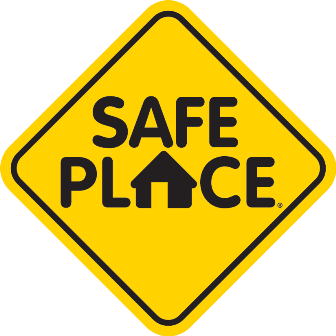Thank you
Thank You for Contacting Us
For TTY callers, please dial 711 for assistance.
- Hits: 1809
For TTY callers, please dial 711 for assistance.

Safe Place is a nationally acclaimed youth outreach program that involves the whole community to provide safe havens and resources for youth in crisis. Both our Safe House Shelter and The Spot drop-in center are designated Safe Place locations!
Begin to build, develop, plan, and focus on your future! Meet with our TAY Specialist at least once a week to tailor services that provide support and strength to pursue your goals.
Stop by our California Street, come by yourself, bring a family member or a friend.
Domestic violence shelters never requires residents to quit their jobs or take time off work. We do encourage clients to consider safety concerns involved with their employment and help solve those issues.
We also advise residents of their employment rights when dealing with domestic violence. It is always up to the individual whether they want to continue their employment while staying in the program.